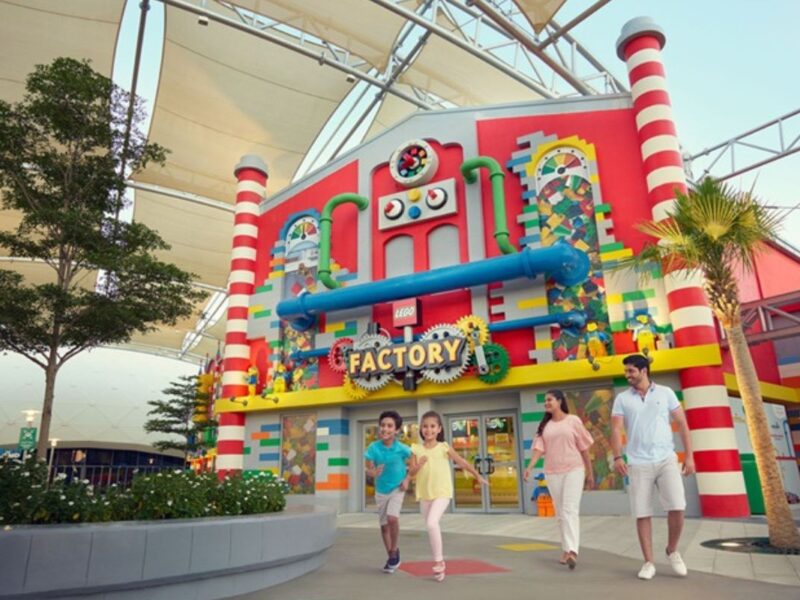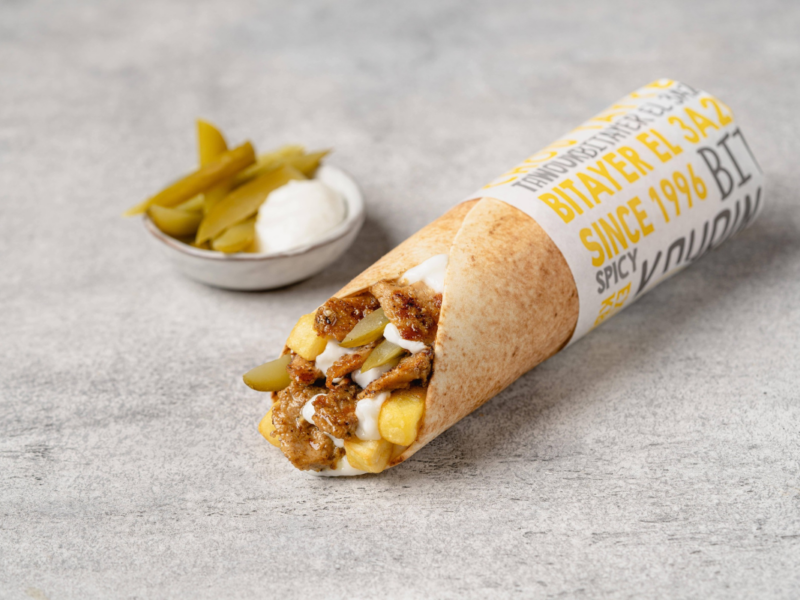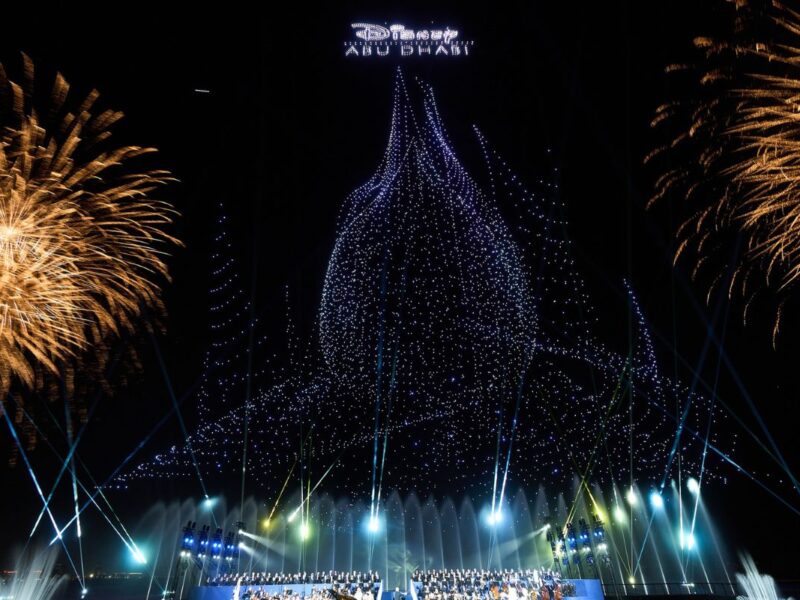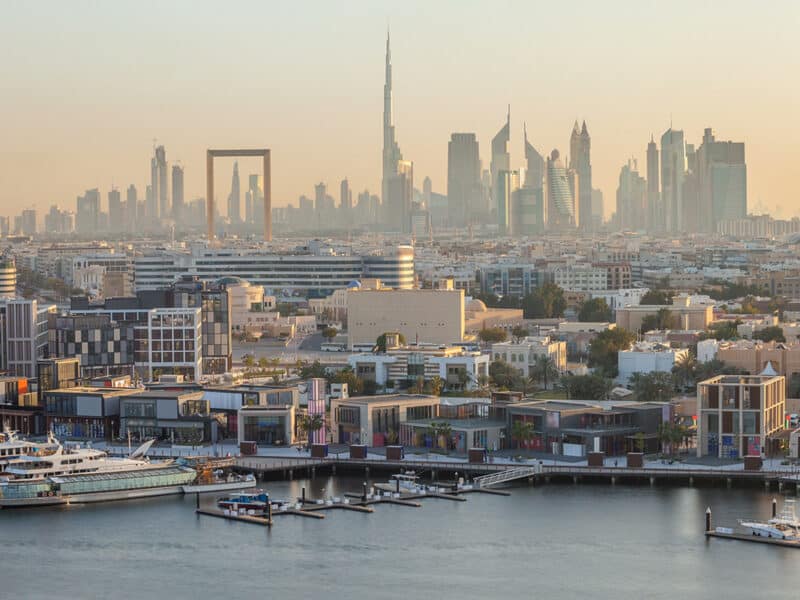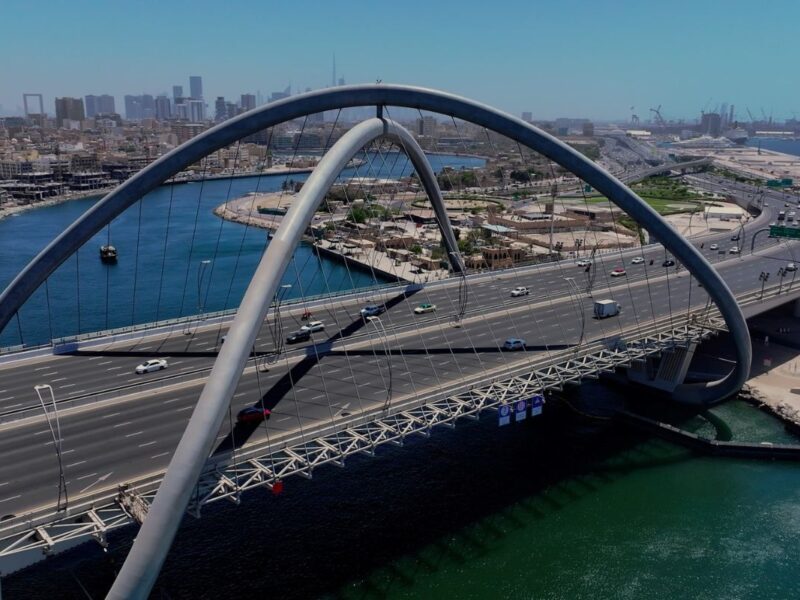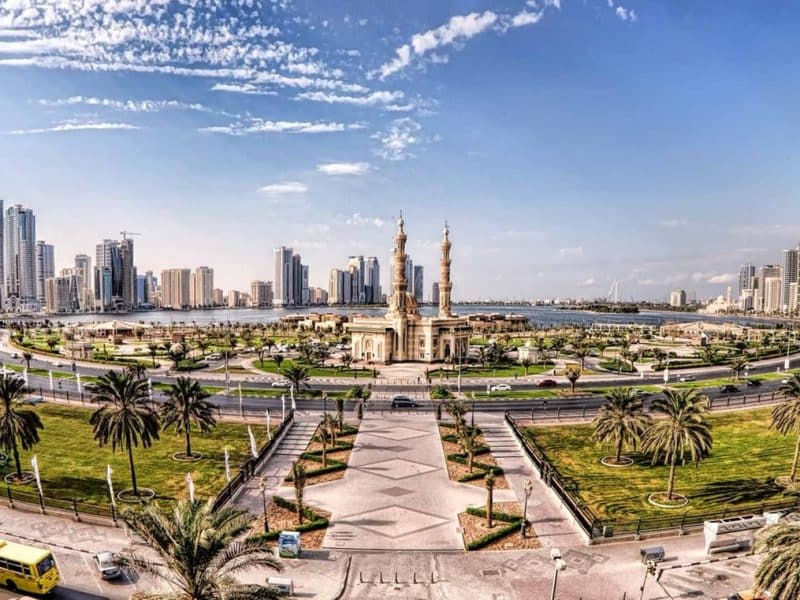“It is exciting to see a stage being built in an area you are familiar with, knowing that tomorrow, a huge band is going to play there,” says Ibrahim as he drives around Dubai Festival City, an area that holds rocking concert memories for him.
“I do love going to Abu Dhabi, but it would be nice to have that excitement of going to a concert in Dubai, seeing my favourite band perform on a stage built in my city’s backyard,” he adds, while Metallica’s Enter Sandman plays in his shabby Wrangler.
Ibrahim is not the only concertgoer suffering from nostalgia. In fact, the common perception on the streets is that money is being flashed around with a blank yet chunky chequebook, flooding the deserts of nearby Abu Dhabi with the A-lists of music.
Everyone knows who the feeder is: Flash Entertainment. The Abu Dhabi-based event organising company has been responsible for bringing over the likes of British alternative band Coldplay, metal kings Metallica, and, most recently of all, pop queen Madonna, who is set to take the capital’s stage in June.
So where’s the money coming from?
Think again before making the assumption that moneybags Mubadala is the backer.
The investment company, which is owned by Abu Dhabi government, no longer sponsors Flash’s concerts, contrary to what most people may believe.
John Lickrish, the managing director of Flash Entertainment, says that this has been the case for four years now.
“We do not have any back-up from Mubadala. Concerts were run out of there at one point, but not anymore. It stopped in 2008,” he points out.
Instead, Flash is now part of Abu Dhabi’s government-backed media free zone, Twofour54.
Article continued on next page
“We are a licensed company in Twofour54 that operates like every other company there. We are P&L-based, which means we have to show profit or we do not exist.”
The cash flows in from other streams, as Flash fills up its margins via ticket sales, sponsorship, food and beverage (F&B) and merchandise sales.
To determine which artists are brought into the capital, the team at Flash asks two questions: how many tickets can they sell and at what price? After making that assessment, they then table an offer to the agent based on that revenue stream, as well as sponsorship, F&B and merchandise sales.
“We just say ‘Ok, here’s the revenue column, this is the expense column, and as long as the revenue is higher than the expense, then we will proceed with the show.’”
Lickrish makes it look like a smooth ride. Rumours have been spreading for years about the possibility of bringing global icons like Metallica and Madonna to the UAE, yet only Flash has managed to keep the dreams of fans from evaporating into dust.
Last year, Metallica’s October show saw around 20,000 fans turn up, and this year, Madonna’s June show is set to see around 45,000 people pushing their way through the turnstiles.
“We can probably deliver the highest amount of revenue possible for the artists because we sell tickets through an automated ticketing system, while the partnerships that we have are probably better than anywhere else in the region and we produce quality events,” says Lickrish.
“People know what to expect and they know that they are not going to be ripped off for their ticket price. We ensure that the consumer has the best possible experience, [which] draws more people in and increases our gross potential.
Article continued on next page
“Because we do so many events, we can negotiate better rates with our suppliers. They work with us because they know they get paid on time, they know they get treated professionally, and they know that they get to work with the best in class. All of those things help us deliver the artist into the region,” he says.
But how much does it cost to book the likes of these A-list artists?
One event industry player for the past ten years – who prefers to remain anonymous due to the sensitivity of the subject — sheds some light on the consequences of Flash’s generous fees.
“The type of A-list artists that someone the size of Flash would look to book will charge anything from $100k — $250k [headline DJs such as David Guetta] to over $1m for someone of the size of Madonna,” he says.
“Flash seems to have a stranglehold on the live-music scene across the region and has been doing a great job in bringing the very biggest live acts to our shores.
“Whilst on the surface this is great for the consumer, Flash are known to pay extremely generous fees to secure such acts, with Las Vegas being perhaps the only other part of the world that pays so far above regular market prices to secure talent,” he continues.
As a result, any potential competition to Flash would seriously struggle to match the fees that are being paid to some artists, let alone make a profit on the event, which essentially means that the firm faces very little large-scale competition.
“When you also factor in the fact that Flash will often stipulate that the artists they are interested in booking do not play anywhere else in the region — often for a number of months prior to and post their planned event date, things get even harder for the competition,” the event industry expert adds.
If that’s the case, then it seems that Flash has blown the majority of event organisers out of the water.
Article continued on next page
“The sheer scale of their production, [their] event marketing and [their] budgets make it almost impossible for anyone hoping to turn a profit to compete against them,” he says.
Instead, the Sandance events at the Atlantis hotel on Dubai’s Palm Jumeirah – which are currently operating on a similar scale – tend to have less focus on live artists and more on DJ-driven acts.
Thomas Ovesen, the chief operating officer of Dubai-based events management company, Done Events, agrees that Abu Dhabi has a big advantage in the industry.
“Yes, we cannot always pay the kind of artist fees that it seems Abu Dhabi can offer. Some artists will choose the better money and that is why they will choose to play [in the capital] perhaps over Dubai,” he says. “If they want an artist that we would also like, they probably have that extra leverage because of the mandate that they operate on to secure the artists, [while] we are forced to look more at concert limited revenue streams.”
But Ovesen also argues that it is a known fact that Dubai is the only city in the UAE that can commercially sell the most tickets.
“But clearly, we have to be able to offer the fee that the artist finds attractive enough,” he adds.
Like Flash, Done Events — a member of Arab Media Group — does not only focus itself on one revenue stream. Apart from organising concerts, the company also participates in corporate events, and even books live entertainment for clients.
“We survive because we are able to spread the business across a variety of revenue streams, and when we do put on an event, we have great support from the authorities in Dubai,” says Ovesen.
“For us, we could perhaps consolidate our business at a time when other independent organisers that would have to focus on only doing concerts, would have to stay out of the market.”
Article continued on next page
However, that – it seems – is only of short-term benefit to him.
“We would all benefit from a thriving market, where everyone would be putting on events…It allows us to do the events that we need to do…to stay afloat and stay profitable, but it would be great for the industry and great for the people that like to go out if there was more competition and if there was more independent and privately owned companies that could afford to do the business,” he adds.
However, Lickrish does not pigeonhole Flash as a company that has ruined the successes of other promoters. At the end of the day, it seems like fair play in his mind.
“Obviously, there was an opportunity to provide a better environment and a better product, and we have done that,” he says. “We have not gotten in the way; there was a gap in the marketplace, we saw [it] and we stepped into it.”
He adds: “If [the promoters] aren’t meeting the consumers’ demand, then they are failing themselves. No one is taking over for them and no one is pushing them out of the way. They just failed to do the job.”
Lickrish insists that Flash have simply made the business perform better.
“We have not inflated the prices, we have just made the business perform better, and of course, making the business perform better means that you are going to increase your revenues and reduce your costs. That means more money for the artist in the end on split deals, that’s just a global reality,” he says.
“Artists are not going to be interested in coming here unless they can make a decent paycheck. Why are they going to fly six or seven hours from London and back, just to come to Abu Dhabi to make $20,000 — $50,000? They want to make sure they have maximised their revenue potential. So, we are not spoiling anything, we are just doing the job that we are supposed to do.”
He also believes that Flash covers 70 percent of the concert industry, if not more, when it comes to huge events.
“We are [either] monopolising [the industry] or people are not doing their jobs properly. It is one or the other,” Lickrish says.
Regardless of how nostalgic Ibrahim is of mosh-pit-filled nights in his own city, the fact remains that Flash Entertainment is currently at the top of its game.
However, with the company’s constant desire to grow and establish itself, there’s a chance that Ibrahim might one day see the UAE’s biggest concert promoter organising events in his own city.
As Lickrish says: “We are looking at how we can grow the business over the next five years and I think it would be a little bit premature to start revealing our strategies. But, of course, that means more event days, and how we establish that is either through diversification or through expansion.”

